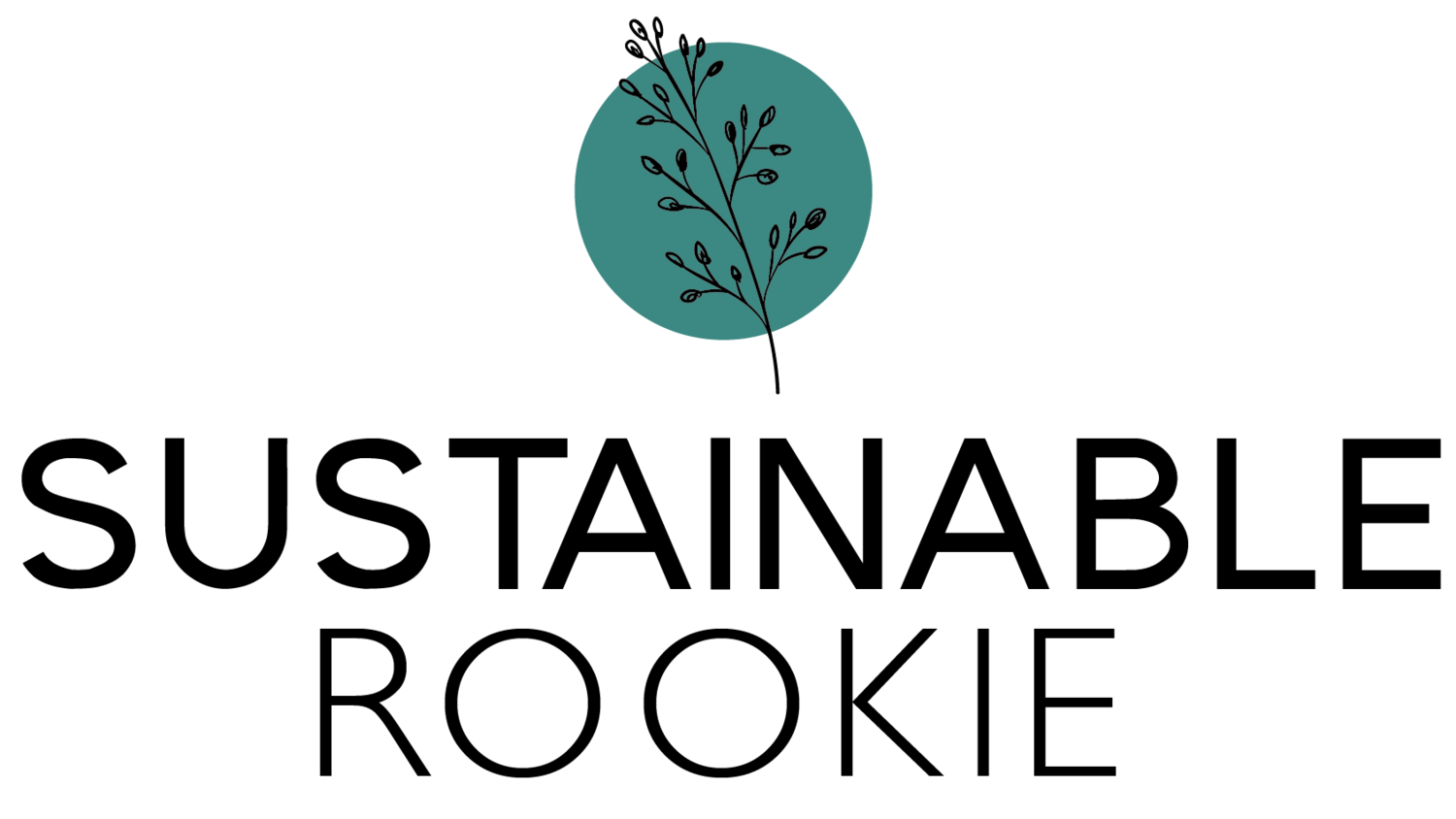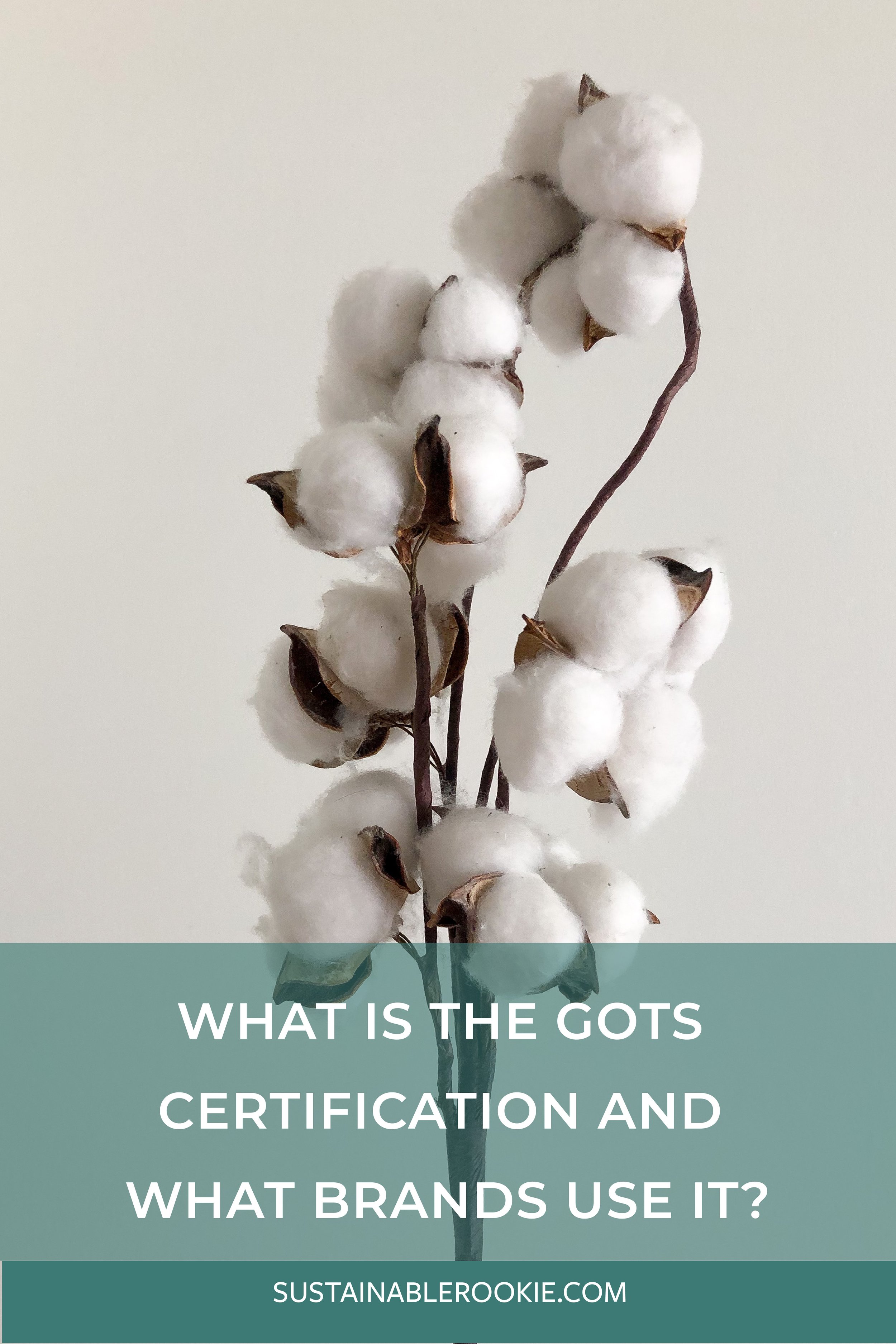What is the GOTS certification and what brands use it?
Consumers are getting more and more involved in their purchasing decisions, which means they start demanding environmental and social transparency from the products and companies they buy from. This puts the consumer in a more responsible role than before. He is no longer a blind consumer, propelled by marketing tactics and the promising allure of a new product, but a detective, in which he digs deep in search for truth, a time-consuming task that is finally a bit easier now because of certifications, that save the consumer from a lot of work.
We see a myriad of certifications in many products that we run into, from groceries to clothes. If you have ever bought from a sustainable brand, or seen their website or social media, you might have noticed the GOTS certification somewhere. This stands for Global Organic Textile Standard, and it defines requirements that ensure the certified organic status of textiles and that are recognized worldwide. It is a way of offering assurance to the consumer, by getting involved in the harvesting of the materials, the manufacturing, labelling, and other instances of the process, and giving this distinct mark that can separate truly organic fabrics from fabrics that are marketed as such but are mostly greenwashing.
Any organic textile finished product can be GOTS certified, under one of the two GOTS labels: ‘organic’ or ‘made with organic’. To them, organic textiles are those that contain a minimum content of organic fiber, processed with the least possible environmental impact, and under strict controls on natural and synthetic chemical inputs, as well as respect for working conditions.
WHAT CRITERIA IS THE GOTS CERTIFICATION BASED ON?
It is based on four distinctive features and criteria:
1. Organic Fibers
For a textile product to have the GOTS label, it must contain a minimum of 70% certified organic fibers, to be labeled ‘made with organic materials.’ A product with the label grade ‘organic’ must contain a minimum of 95% certified organic fibers, which are fibers grown without the use of synthetic pesticides, herbicides, or/and GMOs.
2. Ecological and social criteria
GOTS evaluates the processing and manufacturing of textiles according to environmental and social criteria. It therefore includes assessing the processing, manufacturing, packaging, labelling, trading, and distribution of all organic textiles, including chemical inputs, as well as the ethical treatment of workers.
Regarding the environment, this certification first identifies organic fiber products, and then ensures other environmental criteria is met. This includes but is not limited to using GOTS approved colorants, supervising the environmental management (including wastewater treatment), evaluation of toxicity and biodegradability for chemical inputs, among others.
Regarding the social criteria, the standard requires certain working and social conditions are met, including not using child labor, freedom of association and collective bargaining, no discrimination, occupational health and safety, remuneration and assessment of living wage gap, among others.
3. All processing stages
The GOTS standard covers the processing, manufacturing, packaging, labelling, trading, and distribution of all textiles made from at least 70% organic fibers. It starts with the first processing step in the textile supply chain.
4. Third-party certifications
The certification of fiber production isn’t covered by GOTS, but by international standards approved in the IFOAM Family of Standards.
WHAT IS REQUIRED TO GET A GOTS CERTIFICATION?
There are different requirements that need to be met to get the GOTS certification, which includes payment.
To get the GOTS certification, there should be an annual on-site inspection of the premises, a tracing of the organic fiber product flow, assessment of the inputs and accessories used, a verification of the wastewater treatment systems, a monitoring of the social criteria, and an implementation of a risk assessment-based quality and residue policy.
In addition to this, the main requirements to produce GOTS-compliant products are to comply with the GOTS social criteria; provide a written environmental policy, treat wastewater in an internal or external functional wastewater treatment plant before being discharged to surface water; keep wet processing units full; keep records of the chemicals, energy, water consumption and wastewater treatment.
HOW DO I VERIFY A GOTS CERTIFICATION?
To see if a product is GOTS-certified, look for the label in the product, which should be visible, either on the packaging, hangtag, or a label. It should show the trademark registered GOTS logo, or say ‘Global Organic Textile Standard’, the GOTS label grade (‘organic’, or ‘made with organic’), details of the certification body, and the license number and/or name of the certified entity. Products advertised as GOTS but not labeled as such, may not indicate GOTS certification of the final product. It is a precondition for on-product label use that the whole value chain and final product is certified. Claims on textile products, such as ‘this garment is made from GOTS certified cotton or yarn or fabric’, are not verifiable through the GOTS certification process.
You can look for entries in the certified suppliers database which has all GOTS-certified entities, or you can check their GOTS Scope Certificates, which must have been issued by a GOTS Approved Certifier.
To protect their credibility, GOTS investigates and imposes sanctions in cases of misleading use of the label, or even reference to the GOTS certification.
SOME OF MY FAVORITE SUSTAINABLE BRANDS THAT USE THE GOTS CERTIFICATION
Bhumi
Bhumi is an Australian brand that offers beautiful products made from GOTS certified cotton, linen and dyes, in Fairtrade factories, which includes a wide selection of bedding, bath and clothing products.
Coyuchi
Coyuchi is a Californian brand that offers several GOTS-certified products, including quilts, bed sheets, towels, robes, kitchen products, and more.
Pact
Pact’s products are Certified Organic by the Global Organic Textile Standard (GOTS), and I like that they offer lots of basic garments to build a more sustainable wardrobe, from underwear to t-shirts, and more.
I think certifications are super useful, but sometimes we need to know more about them in order to truly understand what they stand for. Have you heard about the GOTS certification before? Do you buy GOTS-certified products? Let me know in the comments below.
If you’d like to embark on this journey with me and read my future posts, please don’t forget to subscribe to my newsletter!







